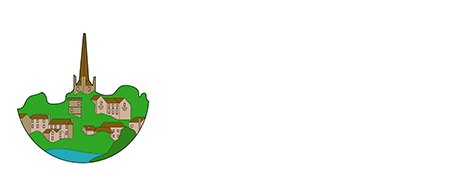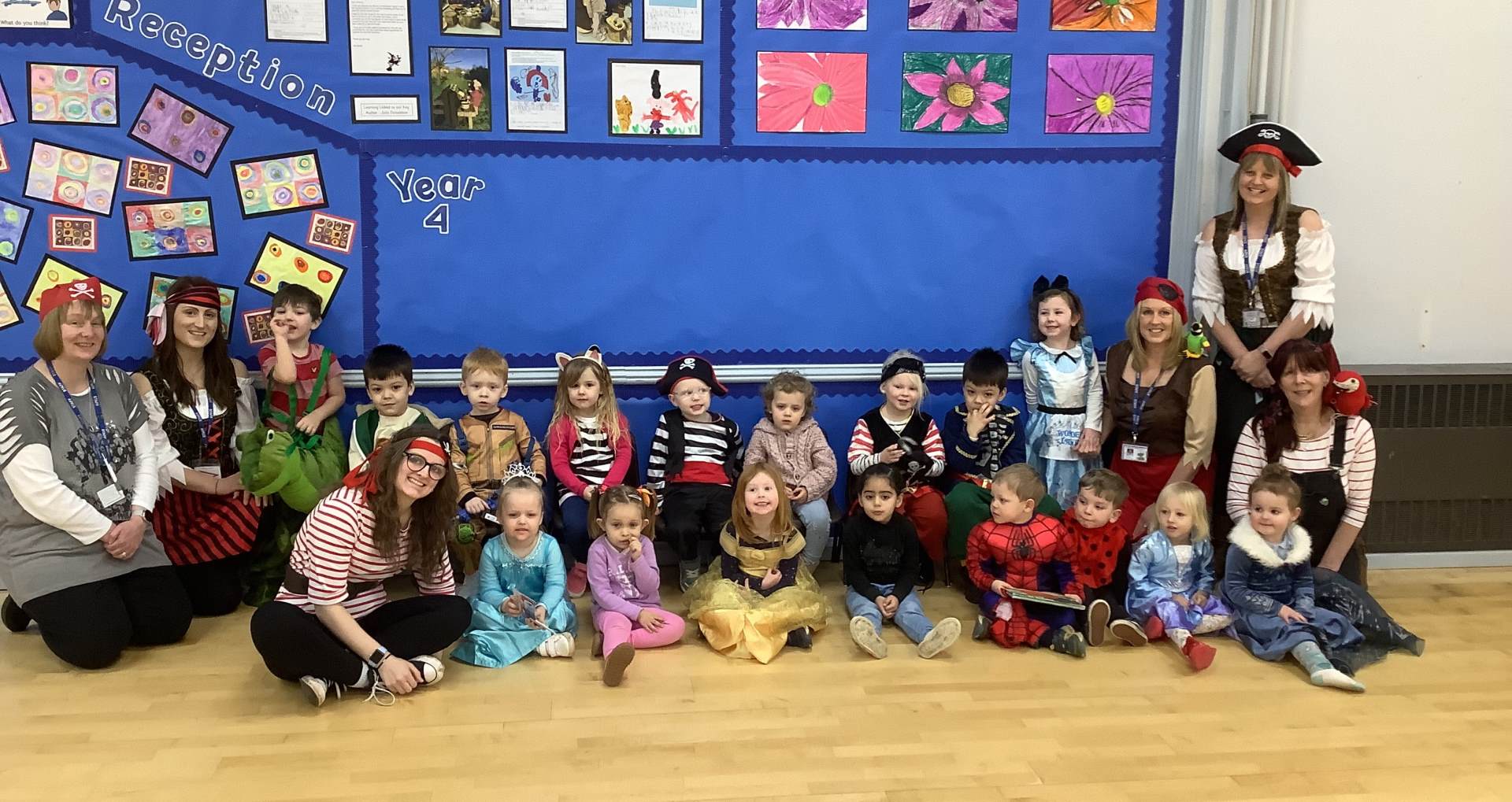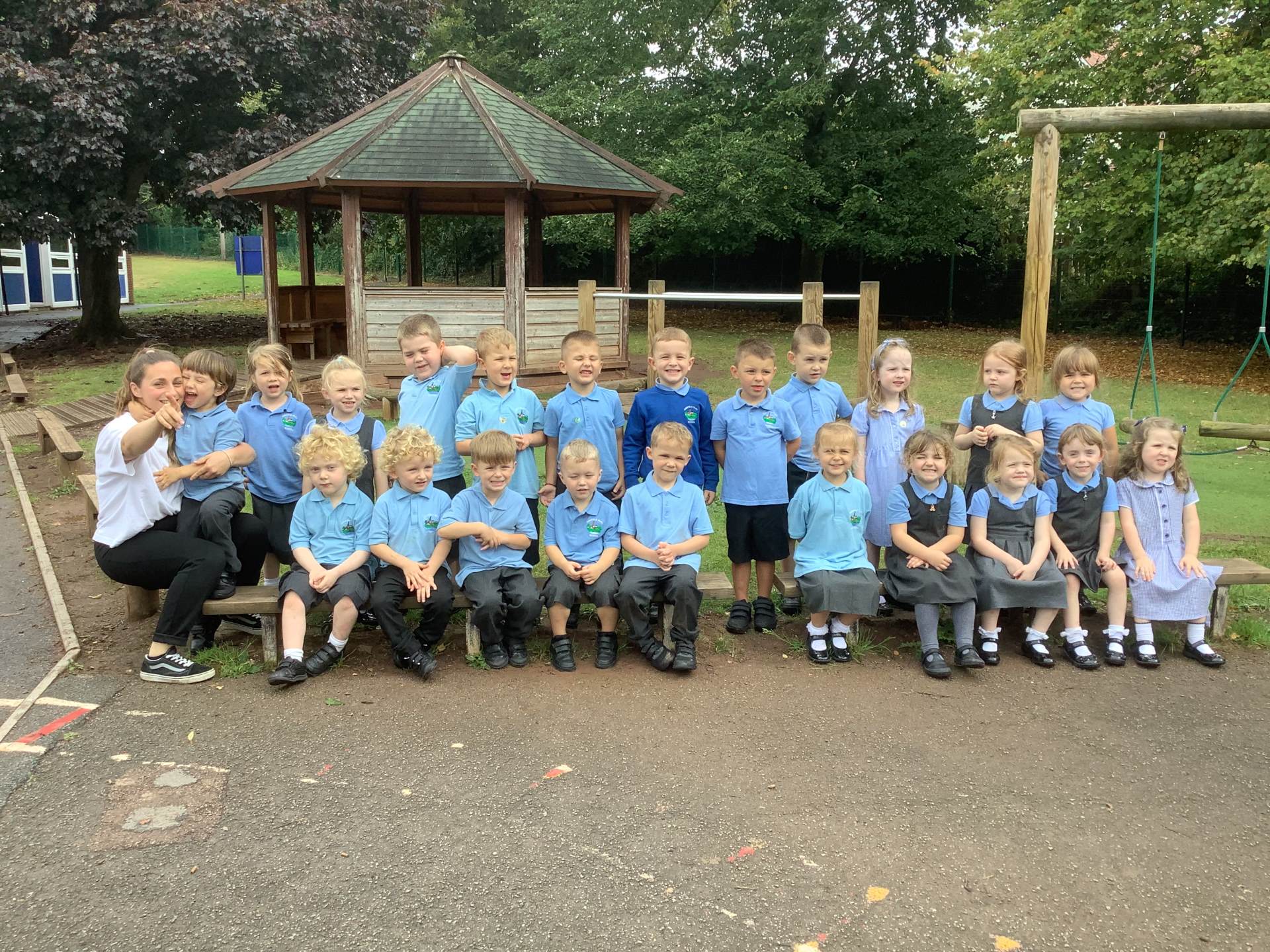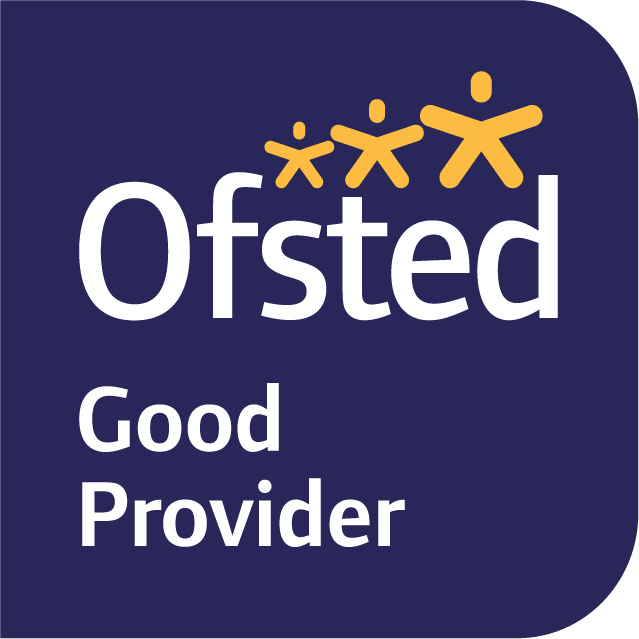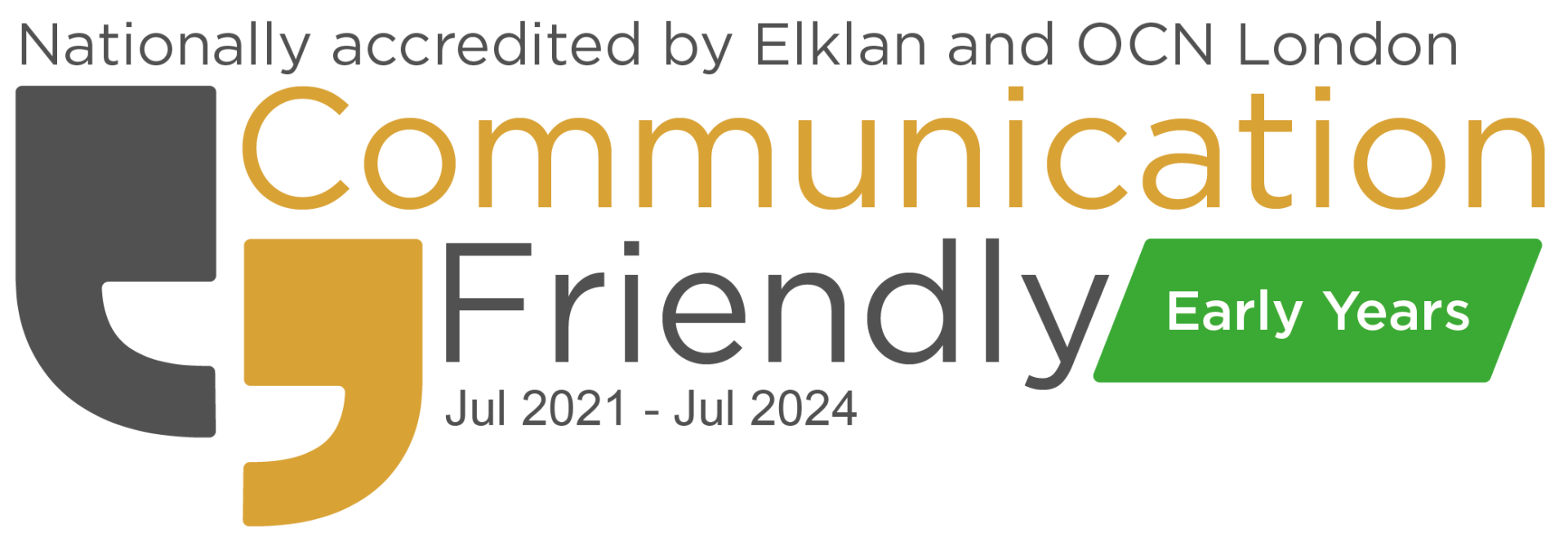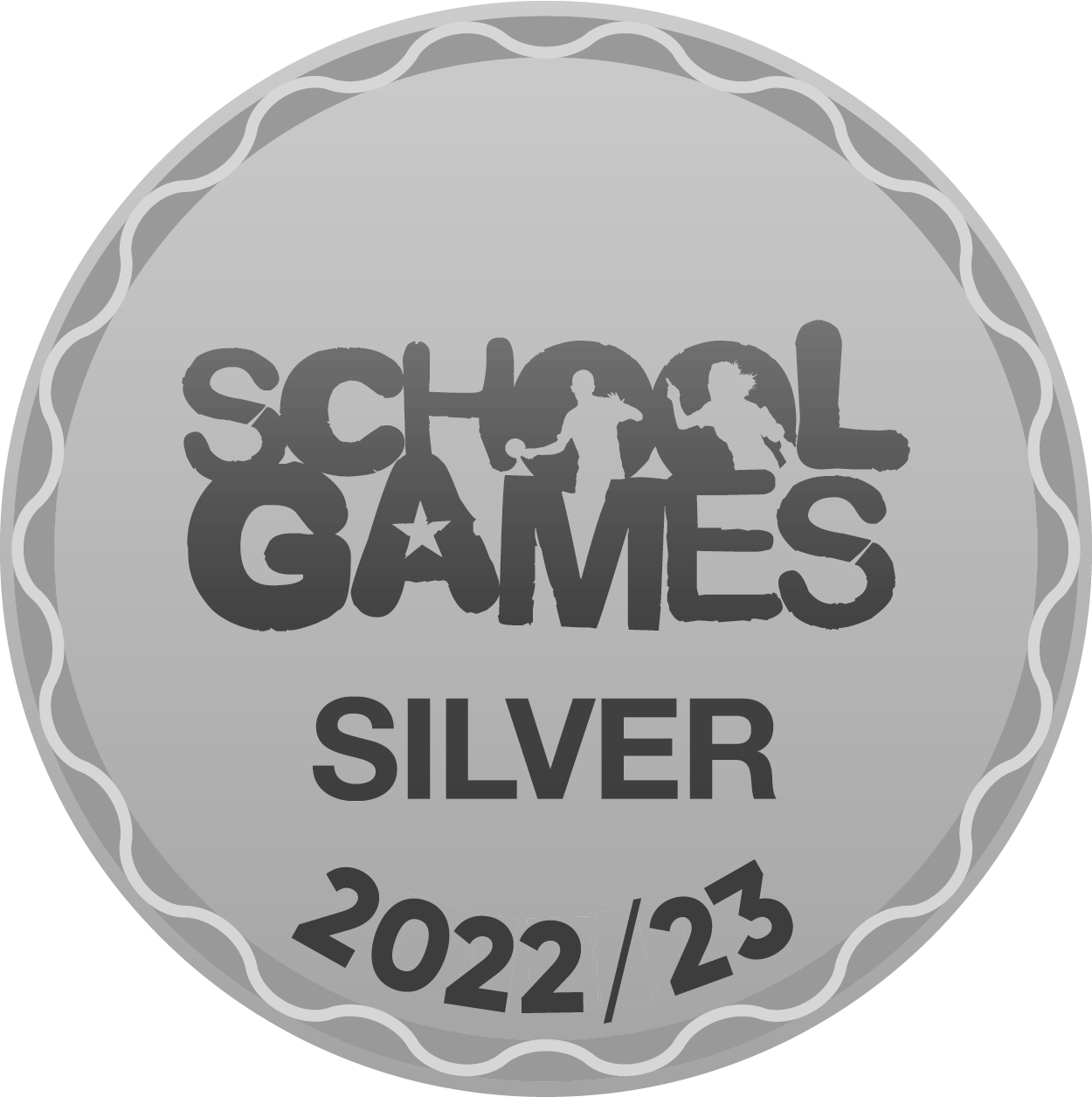Ashfield Park Early Years
| INTENT |
|
| IMPLEMENTATION |
|
At Ashfield Park Primary and Nursery, we offer an early year’s curriculum which is broad and balanced and which builds on the knowledge, understanding and skills of all children, whatever their starting points. We follow the Early Years Foundation Stage curriculum using stories, topic themes and enrichment opportunities. The children learn through a balance of child initiated and adult directed activities.
The aim of our curriculum is to develop a thirst and love for learning by:
Allowing children to be successful in their attempts at an activity and using effective feedback to help facilitate next steps in learning.
Making use of our Forest School and school grounds to develop children’s love of learning across all areas of the curriculum as well as our school values.
In Reception, the timetable is carefully structured so there is daily focused teaching focusing on English, Maths and Reading. Phonics is taught each day in reception using the Essential Letters and Sounds scheme which ensures that reading is at the heart of our curriculum. This scheme is also introduced in our Nursery focusing on initial sounds and mnemonic rhymes used to identify letters and sounds.
Staff Work closely with parents by sharing information and developing home learning opportunities so they can build on their child’s school experiences at home. Literacy and Maths opportunities are also promoted in many of the continuous provision activities available to children during the week.
The Early Years Literacy planning follows a topic teaching approach and introduces the children to core texts. Each new topic usually starts with an exciting hook based on a story to engage children in both the topic and the book. We have developed our own suggested text list for the Early Years which have been chosen for their level of challenge and quality of language. They have also been chosen with a view to promoting reading for pleasure.
The maths curriculum is based on the N.C.E.T.M Mastering number scheme and is taught through short dedicated daily maths lessons in Reception. These sessions are carefully planned using concrete resources and accompanied by slides. These always build on prior learning. This starts with mastering numbers 0-5 and then progresses through to 0-10 and 0-20. We want our children to become confident mathematicians who can apply what they have learnt to real life experiences. In Nursery, pupils begin to develop key skills where they explore sorting, quantity, shape, number and counting through practical activities.
We provide an inclusive approach that allows all children to learn together but support and additional interventions are provided for those who are not reaching their full potential. Children are identified in their pre-school year or on entry to Reception for inclusion in our Nurture Group. They attend this small group every morning, run by our SEND Co Ordinator and TA. They then return to Reception for the afternoon activities.
Weekly Forest school sessions are run for children in Early Years; these support a range of skills, link to class teaching and develop play and social interactions. All seven areas of learning and our school values are encompassed within these sessions and allow all children to take risks, supported by adults, in an environment whilst developing leadership skills and promoting mental health and wellbeing.
The Phase leader regularly monitors teaching and learning in the EYFS so all staff develop a good subject knowledge and are effectively supported. Staff Meetings are held regularly and are early years specific. |
| IMPACT |
|
The impact of the curriculum is monitored in a number of ways:
Our curriculum needs to meet the needs of all our pupils, including those who are disadvantaged in any way and those with SEND. We spend a lot of time observing and evaluating how children are learning. We talk to children, look at their work, observing them learning in play and structured situations and analysing data and progress. Staff across the EYFS use a Development Matters tracking document to record progress. Where children not meeting age related expectations, these are noted. We are then able to track them from starting points and then plan learning experiences to ensure progress.
Through regular monitoring and observations by senior leaders, Pupil Progress Meetings, data reviews and governor monitoring visits, children demonstrate high levels of engagement in activities and demonstrate they are developing and extending their speaking and listening skills. This enables them to access more areas of the learning and communicate to both adults and children. Many children arrive at our setting with lower starting points than national, particularly in language and Communication. During their time in the EYFS, children make rapid progress towards their age-related expectations for GLD at the end of their Reception year in preparation for transition into Year 1.
In July 2023 73% of children achieved GLD on the EYFS Profile.
|
- Ashfield Park EYFS Policy
- Ashfield Park Intimate Care Policy
- Ashfield Park Sleep Policy
- Literacy in the Early Years
- Maths in the Early Years

